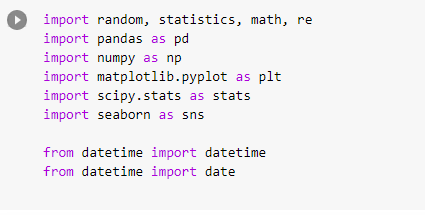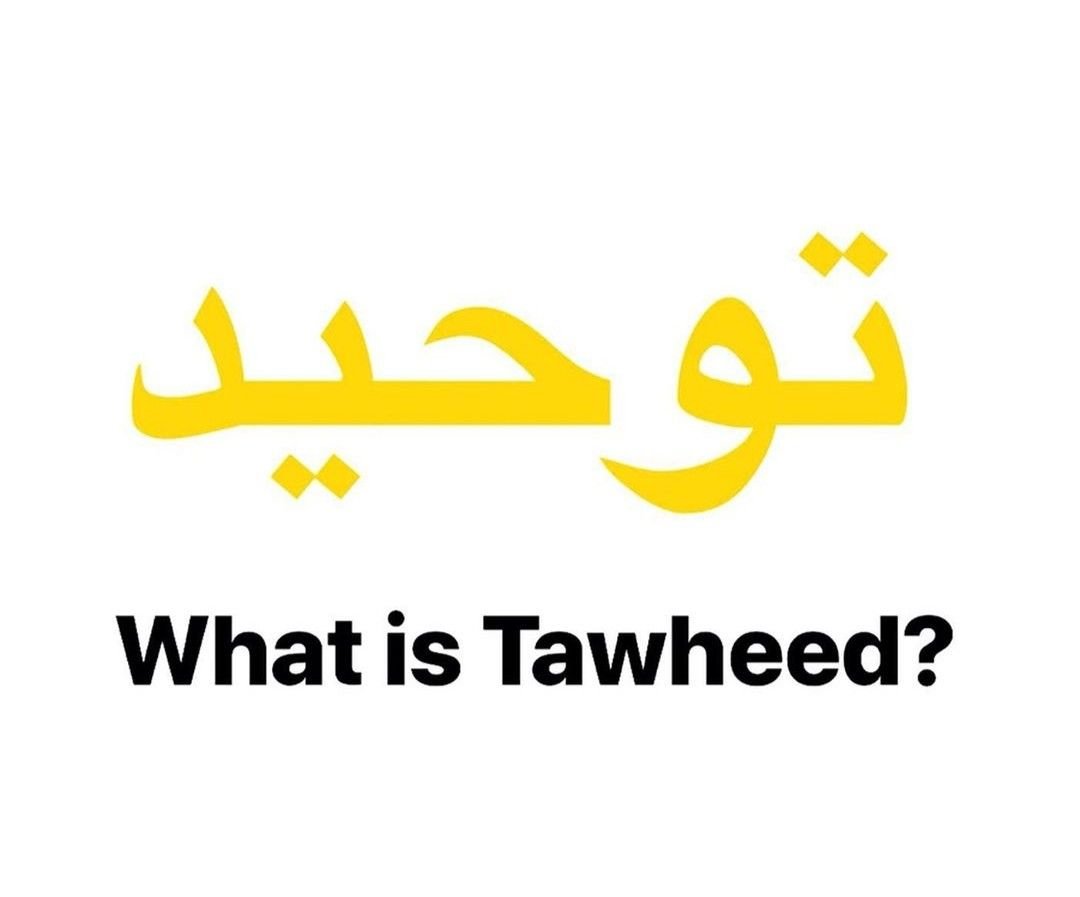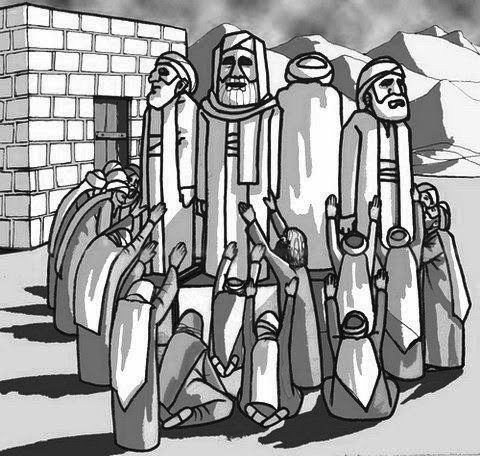Celebrating Shab E Barat - A Thread
Some Muslims celebrate the middle of Sha‘baan, fasting on that day and spending that night in prayer. There is a hadeeth concerning that which is not saheeh, hence the scholars regarded celebrating this day as an innovation
Al-‘Iraaqi said: The hadeeth about the prayer on Laylat al-Nisf (mid-Sha‘baan) is false. Ibn al-Jawzi narrated it in al-Mawdoo‘aat (which is a compilation of fabricated hadeeths)
❝From the Bid'ahs which have been introduced into the religion by people is the Bid'ah of celebrating the Mid-Sha'ban night and fasting on its day. There is no reliable evidence for such actions.❞
[Fatwas of Ibn Bāz, (1/186-187)]
❝What the majority of Muslim scholars agreed upon is that the celebration of Mid-Sha'ban night is Bid'ah and tht the Hadiths reported regarding the virtue of this night are all weak and some of them are fabricated.❞
[Ibn Bāz, (1/187]
❝The people of At-Ta'dīl Wa At-Tajrīh [i.e. the 'Ulamā of Hadīth] have said: 'There isn't a single Hadīth about the 15th night of Sha'bān that is Sahīh [authentic]'.❞
[Mā Wud'a Wa Istibān Fī Fadā`il Sharh Sha'bān, (Page: 43)]
Hence, when ‘Abd-Allaah ibn al-Mubaarak was asked about the descent of Allaah on the night of the fifteenth of Sha’baan, he said to the one who asked him: “O weak one!
Narrated by Abu ‘Uthmaan al-Saabooni in I’tiqaad Ahl al-Sunnah, no. 92.
If a person wants to pray qiyaam on this night as he does on other nights!without singling this night out for anything then that is OK.
More from Islam
You May Also Like
Nano Course On Python For Trading
==========================
Module 1
Python makes it very easy to analyze and visualize time series data when you’re a beginner. It's easier when you don't have to install python on your PC (that's why it's a nano course, you'll learn python...
... on the go). You will not be required to install python in your PC but you will be using an amazing python editor, Google Colab Visit https://t.co/EZt0agsdlV
This course is for anyone out there who is confused, frustrated, and just wants this python/finance thing to work!
In Module 1 of this Nano course, we will learn about :
# Using Google Colab
# Importing libraries
# Making a Random Time Series of Black Field Research Stock (fictional)
# Using Google Colab
Intro link is here on YT: https://t.co/MqMSDBaQri
Create a new Notebook at https://t.co/EZt0agsdlV and name it AnythingOfYourChoice.ipynb
You got your notebook ready and now the game is on!
You can add code in these cells and add as many cells as you want
# Importing Libraries
Imports are pretty standard, with a few exceptions.
For the most part, you can import your libraries by running the import.
Type this in the first cell you see. You need not worry about what each of these does, we will understand it later.

==========================
Module 1
Python makes it very easy to analyze and visualize time series data when you’re a beginner. It's easier when you don't have to install python on your PC (that's why it's a nano course, you'll learn python...
... on the go). You will not be required to install python in your PC but you will be using an amazing python editor, Google Colab Visit https://t.co/EZt0agsdlV
This course is for anyone out there who is confused, frustrated, and just wants this python/finance thing to work!
In Module 1 of this Nano course, we will learn about :
# Using Google Colab
# Importing libraries
# Making a Random Time Series of Black Field Research Stock (fictional)
# Using Google Colab
Intro link is here on YT: https://t.co/MqMSDBaQri
Create a new Notebook at https://t.co/EZt0agsdlV and name it AnythingOfYourChoice.ipynb
You got your notebook ready and now the game is on!
You can add code in these cells and add as many cells as you want
# Importing Libraries
Imports are pretty standard, with a few exceptions.
For the most part, you can import your libraries by running the import.
Type this in the first cell you see. You need not worry about what each of these does, we will understand it later.




























